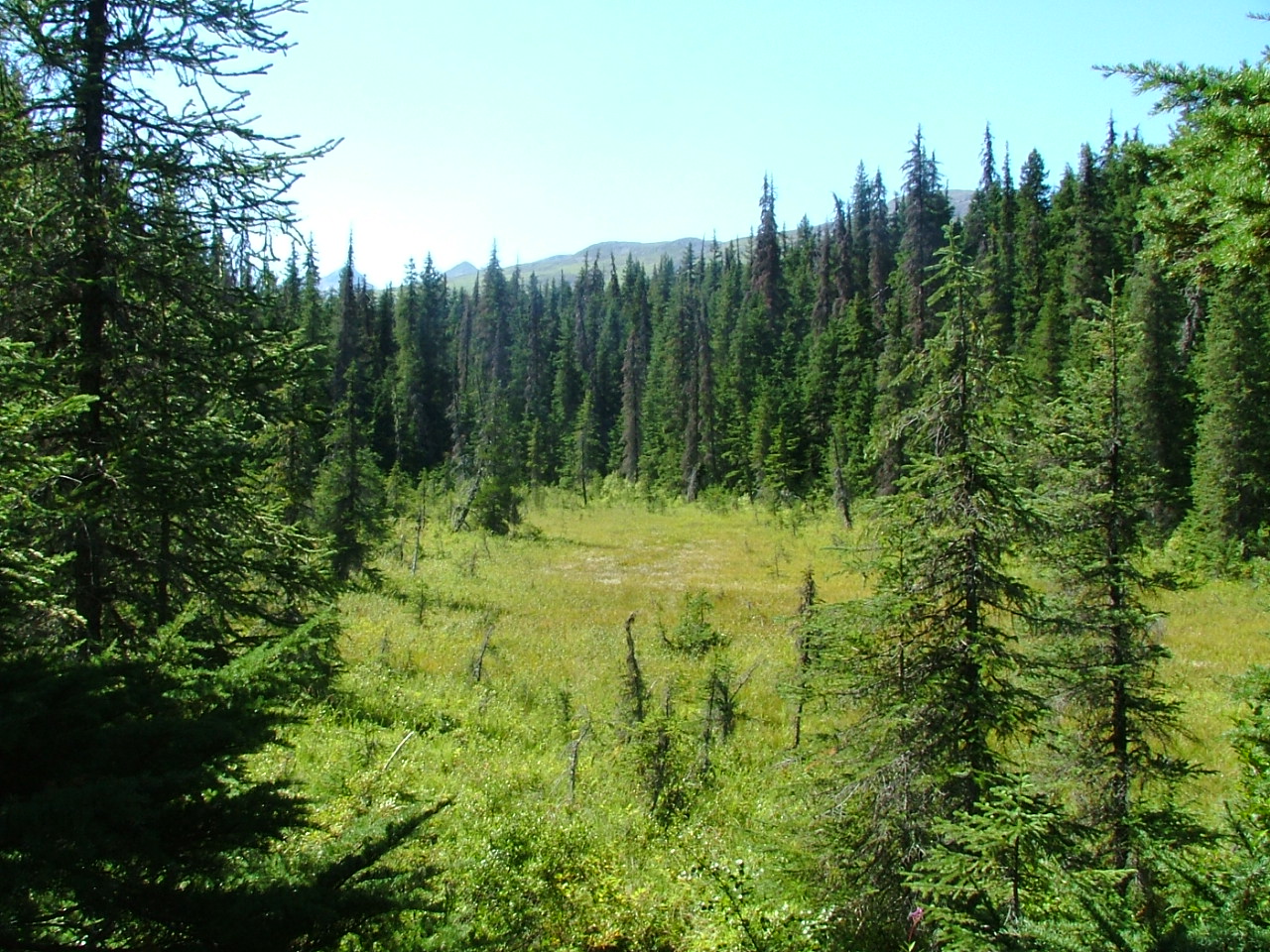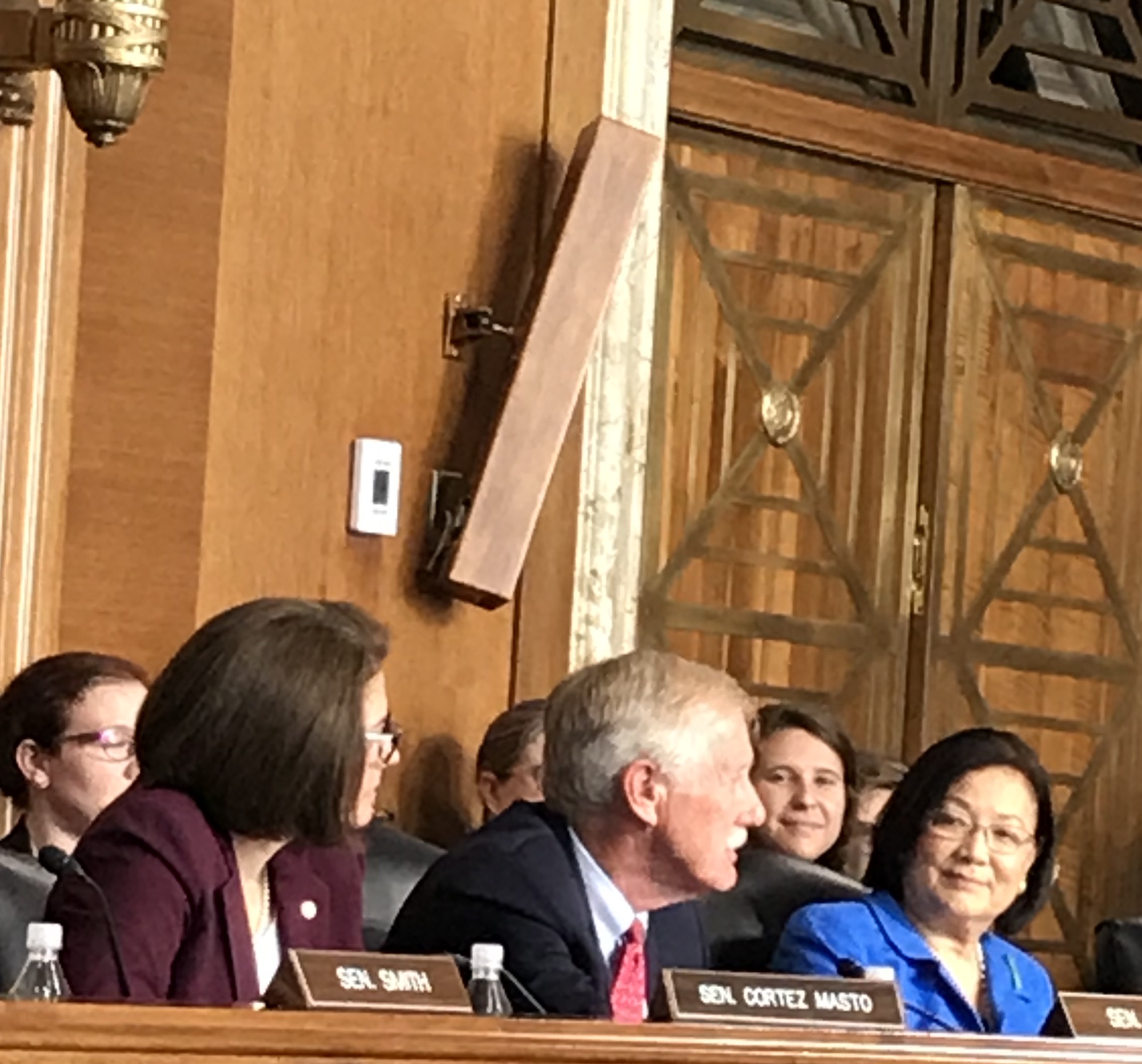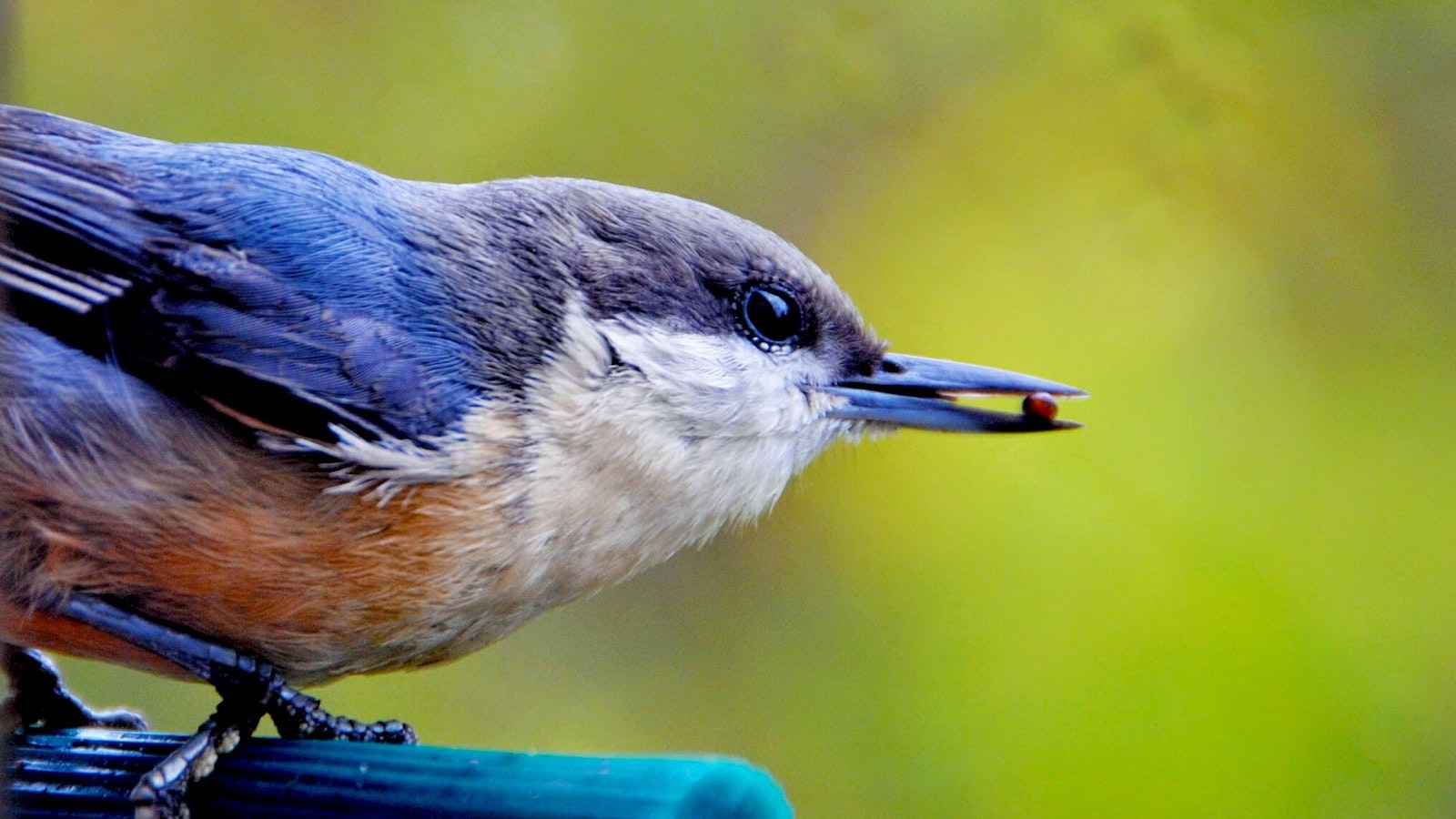The Good, the Bad, & the Zinke
I had the distinct pleasure to attend the Senate Energy and Natural Resources (ENR) Committee hearing when it passed the Senate version of the Land and Water Conservation Fund (LWCF) reauthorization. I say “pleasure” because in this hyper-partisan atmosphere, it was refreshing to see strong bipartisanship and genuinely friendly cross-aisle cooperation.
The Good

The Chugach National Forest in Alaska has also received LWCF funding. Photo: Erik Dumont.
I had the distinct pleasure to attend the Senate Energy and Natural Resources (ENR) Committee hearing when it passed the Senate version of the Land and Water Conservation Fund (LWCF) reauthorization. I say “pleasure” because in this hyper-partisan atmosphere, it was refreshing to see strong bipartisanship and genuinely friendly cross-aisle cooperation. As a fun fact, the Senate ENR committee is the only committee on either side of Congress where both the chair, Sen. Lisa Murkowski (R-AK), and the ranking member, Sen. Maria Cantwell (D-WA), are women, and it is something about which they are clearly proud.
While contentious issues certainly come before the Senate EnR committee (drilling in the Arctic National Wildlife Refuge, for instance, not only splits the committee on a party line, but also pits the chair and ranking member as the lead voices for and against), reauthorizing LWCF isn’t one of them. Members from both parties were effusive in their praise of the program, but there were some exceptions, notably Sens. John Barrasso (R-WY) and Bill Cassidy (R-LA). The Senate hearing was on a bill, SB. 569, sponsored by Sen. Richard Burr (R-NC) and Sen. Cantwell (D-WA). The Burr-Cantwell bill would not only reauthorize the Fund permanently, as the House bill did, but would go further and also permanently fund it at the maximum level of $900 million annually. The committee passed it with a bipartisan 16-7 vote.
Created in 1964, LWCF is America’s most successful conservation and recreation program, authorized to channel up to $900 million every year for conservation programs, historic preservation, and land acquisition. The program is funded by royalties from offshore oil and gas leasing in Federal waters. Since it started 54 years ago, LWCF has helped every single state in the country pay for a dizzying variety of outdoor sites: battlefields, ballparks, national parks, national forests, wilderness areas, scenic trails, national seashores, recreation areas, cultural heritage sites, and more. (For a fact sheet on examples of projects that LWCF has helped fund in every state, please visit the LWCF Coalition website https://www.lwcfcoalition.com/).

Sen. Angus King (I-ME) speaks in support of LWCF, as Sens. Cathy Cortez Masto (D-NV) and Mazie Hirono (D-HI) look on. Photo: Erik Dumont.
The Bad
While the program is both immensely popular (a poll from 2013 showed 85 percent of the public supporting it) and highly successful, it has never been permanently authorized, so it has been subject to the forces of politics on a regular basis. This year was no exception, and Congress couldn’t work out a deal before the fund expired September 30 at midnight. The Fund still has tens of millions of dollars in it, and that money can still be disbursed. But until Congress acts to reauthorize it, no new revenues will go into it, and communities across the United States will lose out on roughly $2.5 million a day.
Now, both chambers of Congress are moving to address the problem belatedly (for what it is worth, this isn’t the first time that Congress has let LWCF expire before ultimately reauthorizing it). In the House, the House Natural Resources Committee has passed a strongly bipartisan bill, HR 502, that would permanently reauthorize it. The chairman, Rep. Rob Bishop (R-UT), and the ranking member, Rep. Raul Grijalva (D-AZ), worked hand in hand to pass the permanent reauthorization. The House version left funding subject to the annual appropriations process. With the Senate EnR committee having already passed its reauthorization bill, both chambers will need to hold floor votes before the two different versions can be reconciled and ultimately sent to the President for his signature.
The House and Senate are both out of session until after the election, so neither chamber will have the reauthorization on the floor until sometime in November. In the meantime, it will be very important for Senators and House members to hear from the public on this issue. Everyday that goes by without reauthorization means less money in the fund. At the time of this writing, an estimated $43 million that would have gone into LWCF, has instead just ended up in the general treasury.
The Zinke
Interior Secretary Ryan Zinke was a big fan of LWCF when he was Montana’s Congressman. He was the only Republican on the House Natural Resources Committee to vote for permanent reauthorization of LWCF, saying, “I know what is at stake if we lose this critical resource,” and, “It’s time Congress gets on board.” Now that Congress appears to be getting on board, Secretary Zinke needs to get with the program. The past two years under his stewardship, the Interior Department’s budget drastically cut funding of LWCF. For the most recent FY19 budget, the administration’s request plummeted from $154 million down to just over $8 million. While Secretary Zinke hasn’t been publicly advocating for the program, he still supports permanent reauthorization of the program. However, burying his support in a press release doesn’t move votes. The Interior Secretary needs to openly ask Congress to permanently reauthorize and fund the program, and ensure that his agency’s budget requests to Congress don’t send the wrong message with massive cuts to the program.
Next
Congress is clearly showing some signs of life in attempting to renew LWCF, but its renewal is far from a sure thing. We can’t let America’s most successful conservation and recreation program die on his watch. To paraphrase then-Congressman Zinke, we know what is at stake if we lose this critical resource. Please contact your member of Congress and urge them to permanently reauthorize and fully fund the Land and Water Conservation Fund.
Topics
Authors
Erik Dumont
Find Out More

EPA report says pesticides endanger wildlife

Which toilet paper companies are taking steps to be more sustainable?

What kind of planet protector are you?



